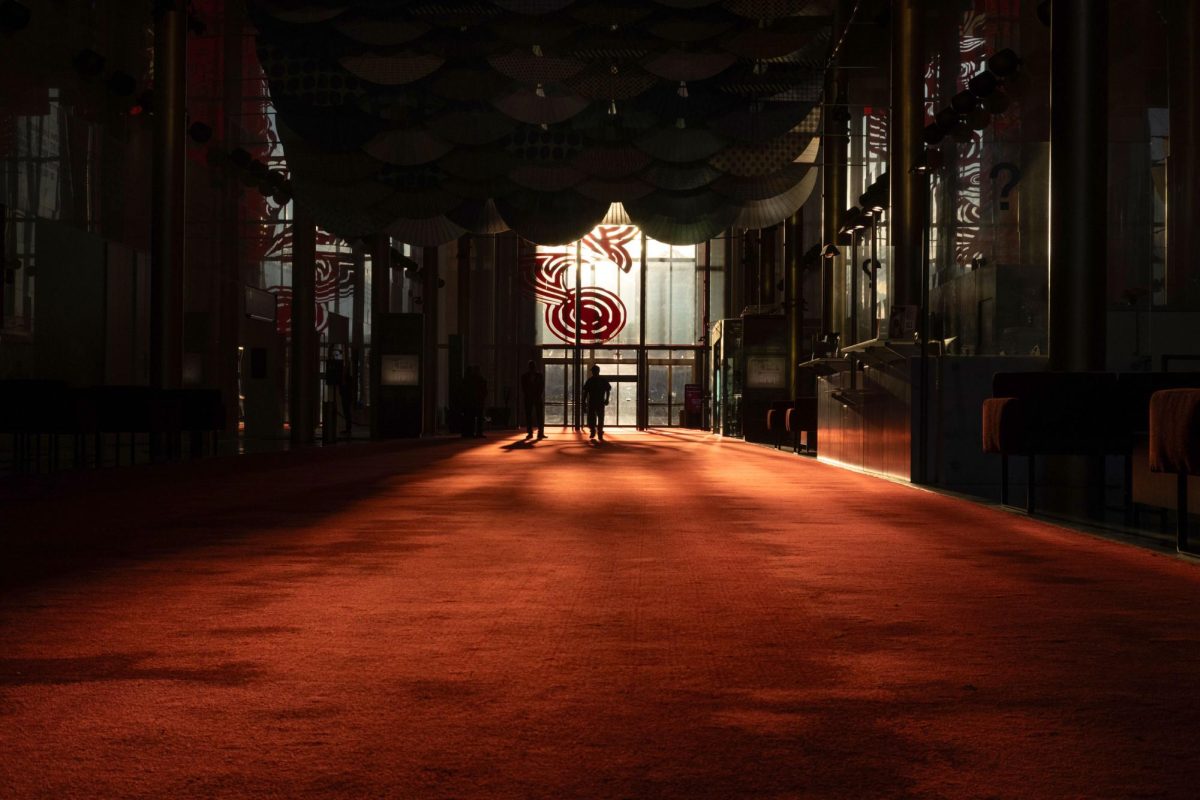Nearly 20 individuals barred from GW property over the past year have unlawfully returned to campus since their ban.
Seventeen of the 358 people barred from campus between Feb. 17, 2010 and Feb. 17, 2011, violated the notice and unlawfully entered GW property within that time frame, University Police Chief Kevin Hay said. Four were caught on multiple occasions.
The University Police chief issues bar notices to permanently ban individuals from accessing University property or facilities. Individuals who re-enter campus after being barred typically face an unlawful entry charge – a misdemeanor punishable by a maximum jail sentence of 180 days, a $1,000 fine, or both.
“Barring is used as a method to let people know they are not in a public building and that they should have a valid reason for being within a GWU facility,” Hay said. The policy helps the University lower the potential for criminal activity on campus, he said
Hay declined to say how many individuals broke their bar notice in 2009.
Bar notices do not expire, but a person can appeal by submitting a written request to Hay explaining why the bar should be lifted. The notice is revoked if officials believe the activity – such as underage drinking – will not happen again. In the past 5 months, Hay withdrew approximately 15 notices.
Georgetown University barred an estimated 25 to 30 people from its campus over the past year and saw about three people illegally re-enter campus, David Ruiz, an investigative sergeant at Georgetown’s Department of Public Safety, said.
Ruiz added the policy is “very successful,” but said Georgetown’s numbers are likely lower because its campus is enclosed, unlike GW’s “larger and more spread out” campus.
Daniel Carter, vice president of Security on Campus – a national nonprofit campus security organization – said GW appears to have a sensitive trespass policy and stringent enforcement process.
“It’s all about how you follow up to make sure that someone who is a potential threat is actually monitored for,” Carter said. “Sometimes the only solution is to keep an eye out for them, and when the campus re-encounters them they are taken to jail and processed. There is often no other further recourse.”





